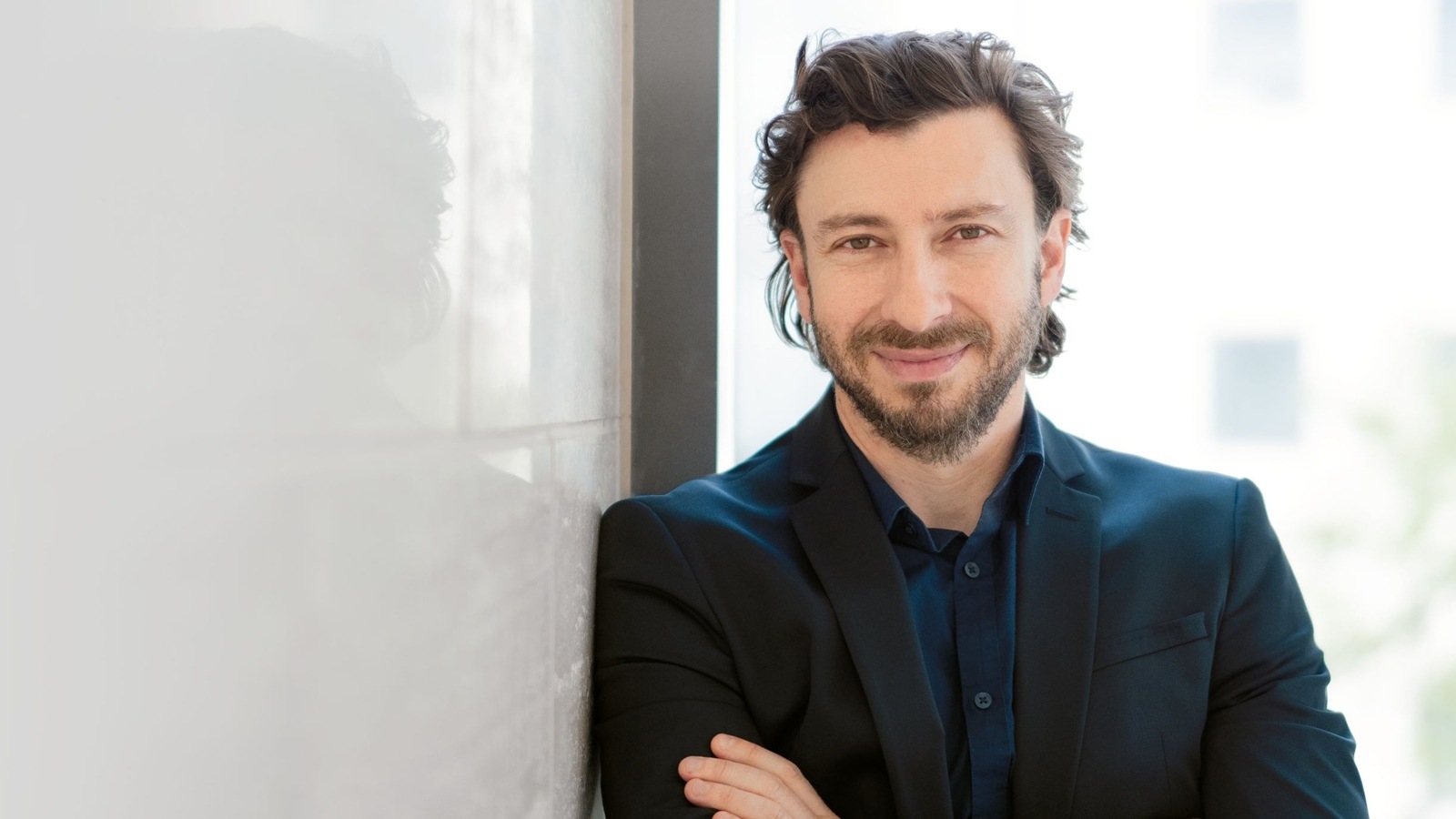Longevity researcher Dr David Furman didn’t just study ageing—he lived it in reverse.
Ten years ago, life in a bustling California city had taken its toll. “My life was pretty stressful,” Dr Furman admitted in an interview with Business Insider recently. Headaches were routine. Ibuprofen was a crutch. He suspected his fast-paced, urban lifestyle was doing more than just giving him migraines—it was speeding up his biological ageing.
To test this, the head of Stanford’s 1000 Immunomes Project for the last 13 years ran a series of blood tests on himself. What he discovered shocked him. Though his biological age was 39, the inflammation in his body told a different story: he had the inflammatory profile of a 42-year-old man.
Faced with this sobering reality, he packed up his life and moved into the woods.
In 2016, Dr Furman, his wife, and their two children relocated to a modest two-bedroom cabin tucked away in the San Gregorio forest of Northern California, just half an hour from Stanford. This was no glamping getaway. Their home had no plastic furniture, industrial cleaners, or WiFi. Chairs were absent. Even bright overhead lights were switched off by 7:30 p.m., replaced with the soft glow of candlelight.
What began as an experiment turned into a transformative way of living. Over three years, his lifestyle began to reverse the toll that stress had taken on his body. Remarkably, he was able to de-age his biology by 10 years.
 What began as an experiment turned into a transformative way of living for Dr Furman (Source: Buck Institute)
What began as an experiment turned into a transformative way of living for Dr Furman (Source: Buck Institute)
What does science say?
Does science back this approach? According to Dr Manisha Arora, Director of Internal Medicine at CK Birla Hospital in Delhi, there is certainly a rationale behind his results.
Story continues below this ad
“Dr David Furman’s story is certainly fascinating. The idea that he could ‘de-age’ himself simply by moving to a more serene environment and making lifestyle changes is inspiring. However, it’s important to view this as anecdotal evidence rather than a universally applicable solution,” says Dr Arora.
The link between chronic stress and accelerated aging is well-documented. Stress increases cortisol levels, which over time damages cells, impairs immunity, and speeds up inflammation—all hallmarks of aging. Dr Arora explains:
“Living in a peaceful, natural setting can indeed lower cortisol levels, which has been linked to slower biological aging.”
Furthermore, the professor’s lifestyle overhaul wasn’t limited to meditation and fresh air. The Furman family cut out processed food, ate clean, home-cooked meals, and embraced movement naturally through hiking and outdoor activity.
Story continues below this ad
“Good sleep, a balanced diet, regular physical activity, and stress management are the four pillars of healthy aging,” Dr Arora continues. “Adopting habits supporting these areas can reduce biological age markers like inflammation, insulin resistance, and hormonal imbalances.”
Even the couple’s practice of switching to candlelight in the evenings had physiological benefits. Reducing exposure to artificial light helps regulate circadian rhythms—important for deep, restorative sleep, another key to longevity.
Reality check: Can Everyone Do This?
Dr Arora quickly acknowledges that not everyone can escape to the forest.
“While these practices are beneficial, implementing such a drastic lifestyle change may not be feasible for everyone. Completely avoiding electronics, plastics, or modern conveniences may not be practical or sustainable in today’s fast-paced world.”
Story continues below this ad
But the bigger message from Dr. Furman’s journey is this: environment matters. Even small, consistent shifts—like switching off screens earlier, eating fewer processed foods, or walking daily in green spaces—can help our bodies age better.
“The key takeaway,” Dr Arora says, “is that making small, consistent lifestyle changes in the areas of stress, diet, sleep, and exercise can still have a meaningful impact on one’s biological age and overall health.”
DISCLAIMER: This article is based on information from the public domain and/or the experts we spoke to. Always consult your health practitioner before starting any routine.



